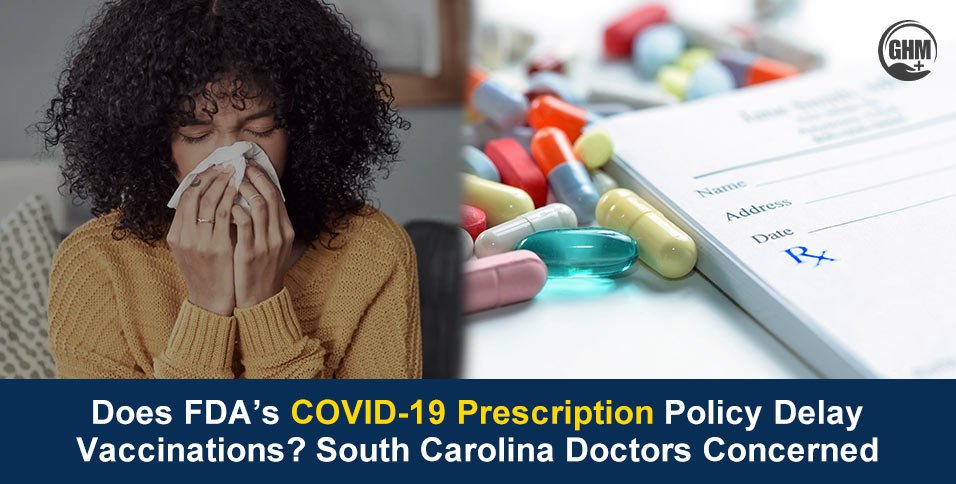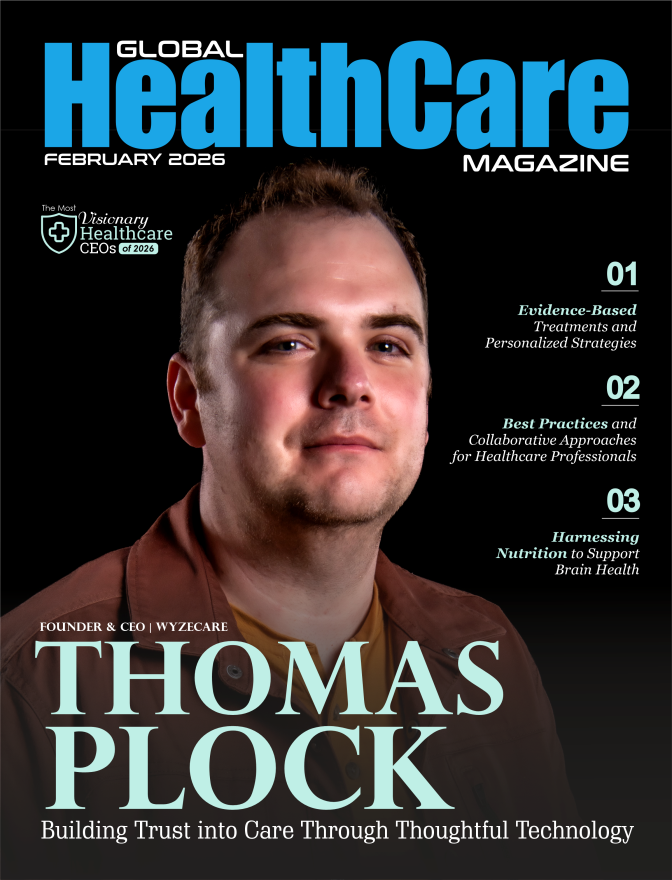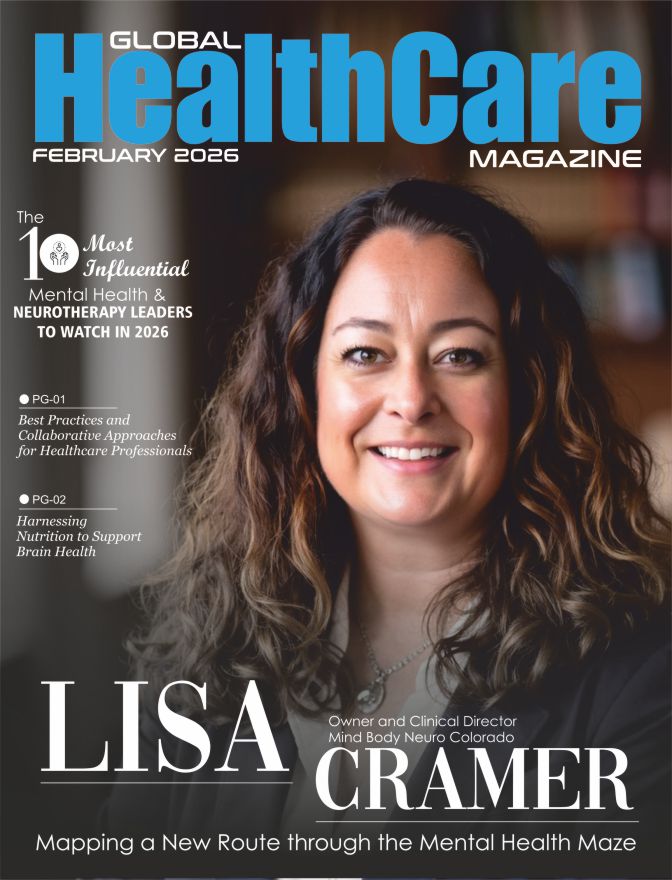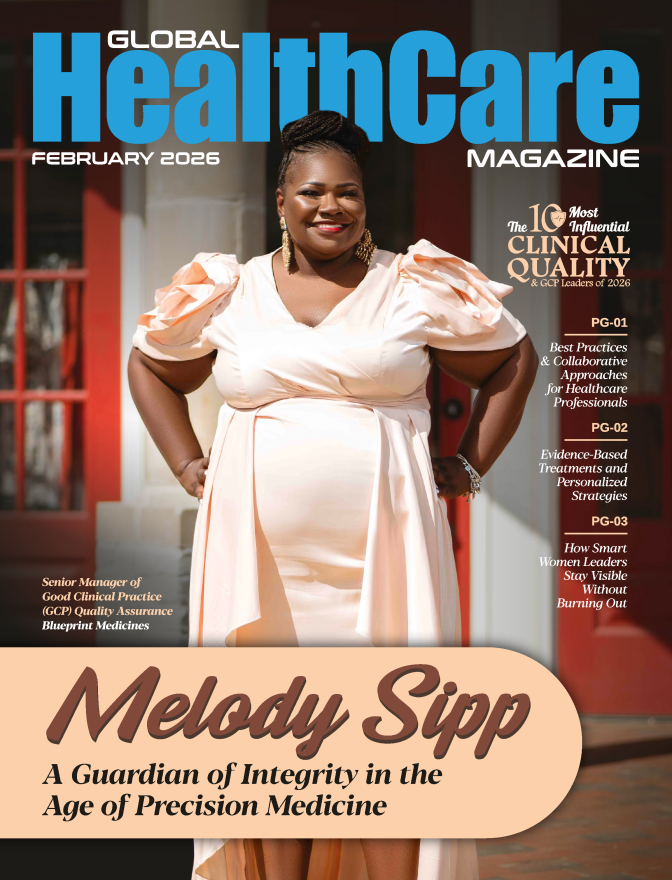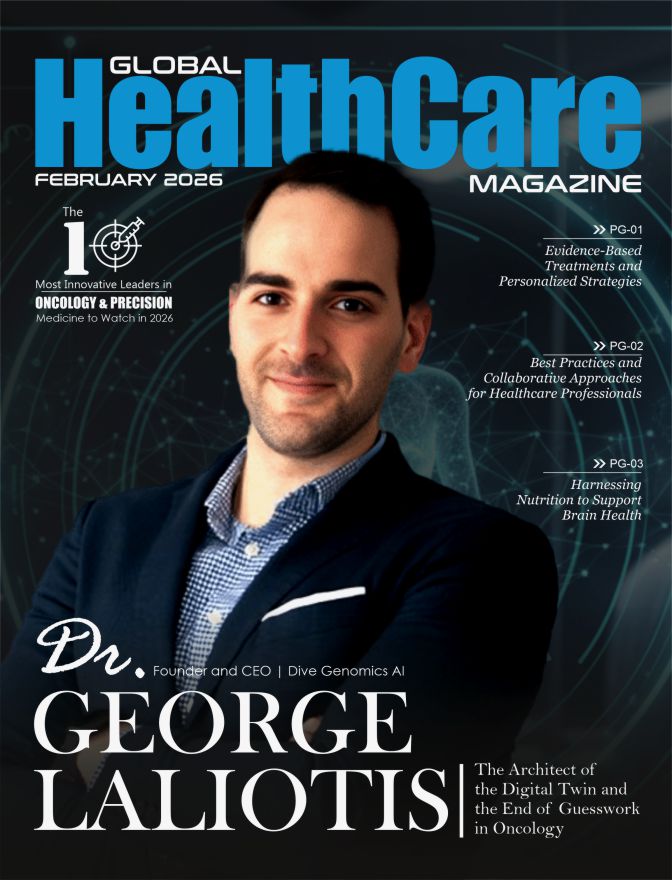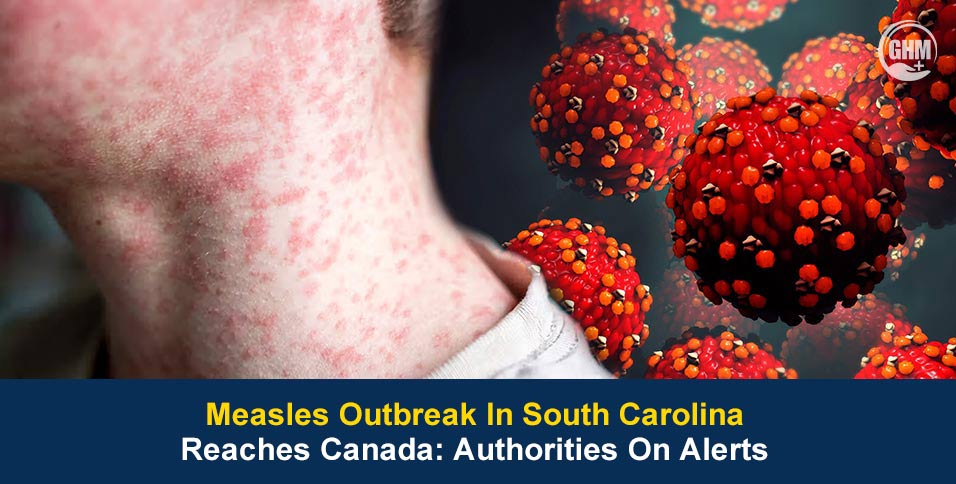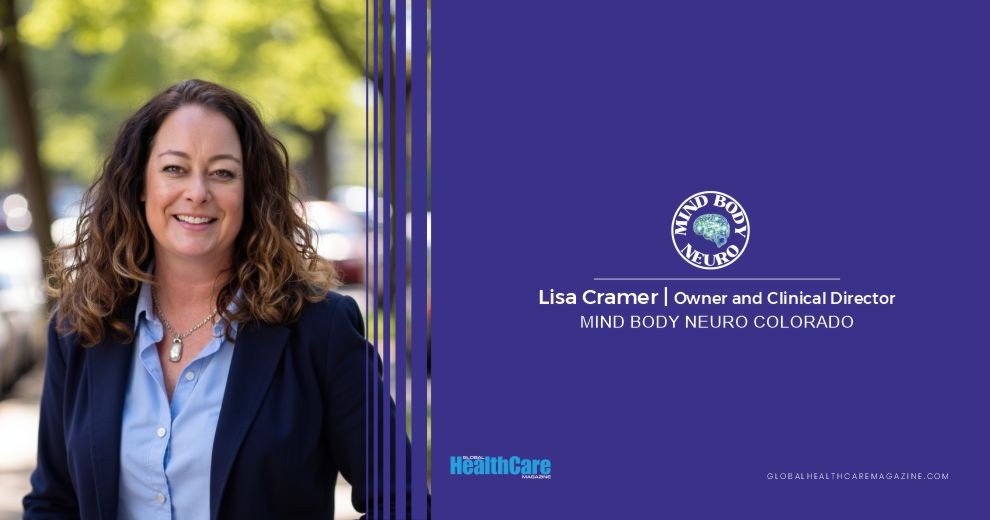A recent move by the U.S. Food and Drug Administration (FDA) to require COVID-19 prescriptions for its vaccines for the 2025-2026 season is raising alarm among healthcare providers in South Carolina.
Doctors and pharmacies across the state fear that this decision could create unnecessary limitations for patients, leading to delays in vaccinations and higher risks of outbreaks, especially in rural and underserved communities.
The New Rule and Its Impact
The FDA’s updated guidelines mean that, unlike in previous years when COVID-19 shots were widely available at pharmacies and clinics without extra steps, many patients will now need to first visit a doctor to get a prescription.
This creates a two-step process,
- Doctor Consultation: Patients must schedule and attend an appointment to get a prescription.
- Pharmacy Visit: They then need to go to a pharmacy or clinic to receive the vaccine. Healthcare professionals warn this added layer could discourage people from getting vaccinated altogether, particularly those who,
- Lack health insurance
- Live in rural areas with limited healthcare providers
- Face transportation issues or time constraints
FDA’s Decision To Make This Move
The FDA says the change aims to ensure proper medical evaluation before vaccination, especially as new vaccine formulations are rolled out.
Officials argue that requiring a COVID-19 prescription will,
- Allow doctors to assess patients individually
- Reduce the risk of adverse reactions
- Ensure accurate tracking of who receives which vaccine
While these intentions may seem reasonable, the timing of this rule is problematic. COVID-19 cases continue to fluctuate, and vaccine accessibility is critical to preventing a resurgence.
South Carolina’s Unique Challenge
South Carolina faces a unique struggle under this rule,
- Rural counties: Nearly 40% of the state’s counties have shortages of primary care providers.
- Independent pharmacies: Many small-town pharmacies operate as the main healthcare access point and are now limited without prescribing authority.
- High-risk populations: The state has a significant elderly population and high rates of chronic illnesses like diabetes and hypertension, making quick vaccine access vital.
“We have a lot of pharmacies in rural communities and there aren’t doctors nearby, they have to drive 30 to 45 minutes and even an hour to get to the nearest doctor, so it’s pretty challenging and some patients don’t really see their doctor regularly at all,” said Lauren Beard with McHugh Pharmacy Group.
Public Health Concerns
Experts worry the rule could lead to a cascade of negative effects, including,
- Lower vaccination rates: People may skip vaccination due to inconvenience or cost.
- Increased outbreaks: With fewer people protected, the virus could spread more easily.
- Strain on hospitals: Hospitals may face surges during peak COVID-19 and flu seasons.
Public health advocates are urging the FDA to reconsider or provide exceptions, such as allowing pharmacists to prescribe vaccines directly.
Possible Solutions and Next Steps
While healthcare professionals are adjusting to the new policy, several solutions are being proposed to lessen the impact,
- Pharmacist Prescribing Authority
- Granting pharmacists the ability to prescribe vaccines could streamline the process.
- This approach is already in place for certain medications in many states.
- Telehealth Consultations
- Virtual appointments for vaccine prescriptions could reduce travel barriers.
- Public Awareness Campaigns
- Educating the public about the new rules and encouraging early planning for vaccinations.
Balancing Safety and Access
The FDA’s rule highlights the delicate balance between safety and accessibility.
While safety evaluations are crucial, healthcare providers argue that overregulation can harm public health by reducing access to life-saving vaccines.
As South Carolina prepares for the upcoming vaccination season, doctors, pharmacies, and public health officials are calling for urgent action to keep vaccines within easy reach for all residents.
Conclusion
The COVID-19 prescription rule is well-intentioned but risks creating significant barriers to protection, especially in states like South Carolina.
Without swift solutions, the policy could unintentionally slow vaccination rates and undermine years of progress made in the fight against the pandemic.

